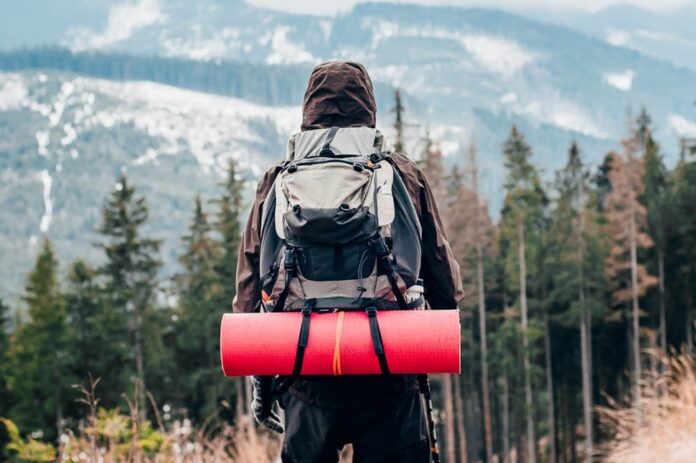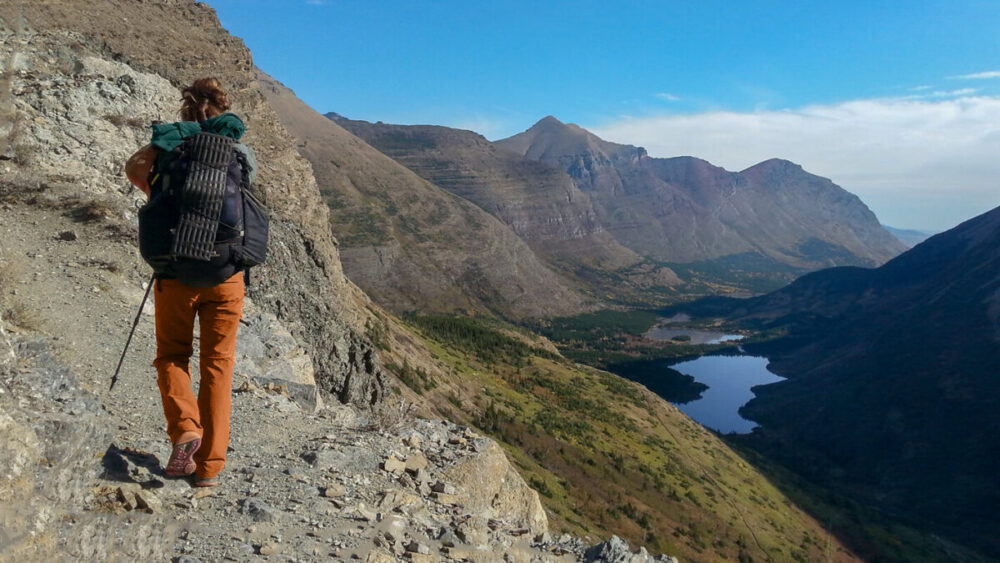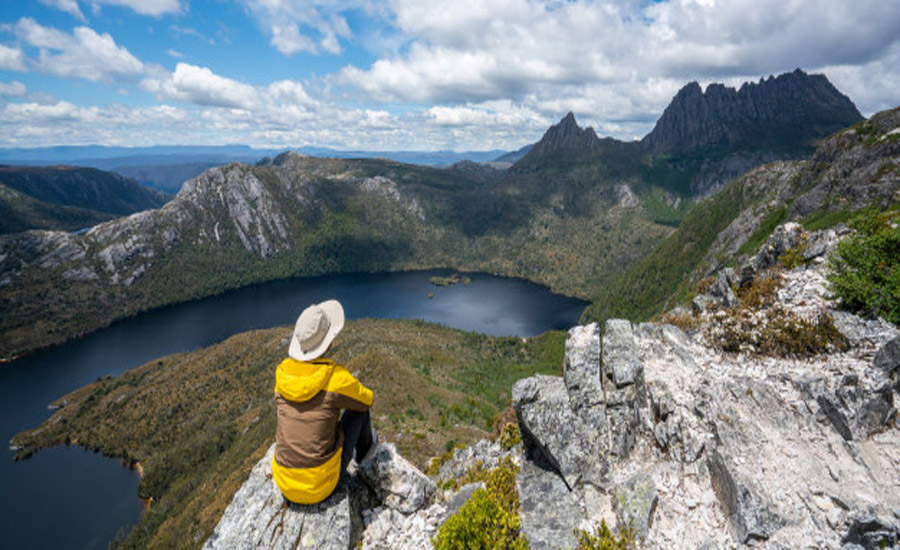
Embarking on a long hike can be an exhilarating adventure. It engages your muscles, gets your heart pumping, and provides a great sense of accomplishment. But, to fully enjoy the experience and prevent injuries, it’s essential to properly prepare your body for the physical demands of the trail. Proper preparation includes a combination of physical conditioning, nutrition, and, when necessary, personalized support such as a custom knee orthosis for those with joint concerns.
Physical Conditioning: Strengthening Your Core and Legs
Before you hit the trails, it’s crucial to strengthen the muscles that will be most engaged during a hike. Your legs, glutes, and core are the powerhouses that will drive you forward. Incorporating exercises like squats, lunges, and planks into your workout routine can significantly enhance your strength in these areas, providing stability and stamina for your hike.
Cardiovascular Endurance: Keep Your Heart Healthy

Building up cardiovascular endurance through activities such as jogging, cycling, or swimming will ensure your heart is ready for the sustained effort hiking demands. Additionally, it conditions your lungs, which is especially beneficial when tackling trails at higher altitudes where the air is thinner.
Flexibility and Balance: Reducing the Risk of Injury
Enhancing your flexibility through stretching or yoga can prevent muscle strains and other injuries on the trail. Balance exercises, on the other hand, can help you navigate uneven terrain and reduce the likelihood of falls, particularly on more challenging hikes.
Nutrition and Hydration: Fueling Your Adventure
Maintaining a diet rich in proteins, healthy fats, and carbohydrates will give your body the energy needed for a long hike. Hydration, too, is paramount. Ensure you carry plenty of water and understand the signs of dehydration to keep your body functioning optimally throughout your journey.
Personalized Support: The Role of a Custom Knee Orthosis
For those who suffer from knee issues, a hike can pose significant challenges. A custom knee orthosis, tailored to fit your exact measurements, can provide the support needed to alleviate stress on the knee joint. Designed to fit snugly and comfortably, it can help stabilize the knee, distribute weight more evenly, and can reduce pain, allowing you to enjoy your trek without the undue strain on your knees.
Tackling the Terrain: Practice Makes Perfect

Acclimate your body to the demands of hiking by walking on various terrains. Seek out local trails that offer different inclines and surfaces, allowing your body to adjust to rocky paths, steep climbs, and descents before your big hike.
Gear Up: Choosing the Right Equipment
A part of preparing your body also involves equipping it with proper gear. Invest in a pair of supportive hiking boots that cushion your feet and protect your ankles. Apparel that wicks away moisture and a backpack that distributes weight evenly are also essentials for a comfortable hike.
Rest and Recovery: The Unsung Heroes of Training
It’s easy to emphasize the active part of training, but rest and recovery are just as important. Ensure you get enough sleep each night, and consider incorporating rest days into your training regimen to allow your body to heal and grow stronger.

Mental Preparation: Cultivating a Hiker’s Mindset
Hiking is as much a mental endeavor as it is a physical one. Cultivating a positive mindset can help you push through challenging portions of the trail. Mental resilience will also help you adapt to any unforeseen circumstances you might face.
In summary, preparing your body for a long hike is about more than just lacing up your boots and heading to the nearest trailhead. It’s a holistic process that involves building strength, endurance, flexibility, and balance. Proper nutrition, hydration, rest, and the right gear, along with a personalized support system such as a custom knee orthosis if needed, are all crucial elements that contribute to your safety and enjoyment on the trails. With mindfulness and planning, your hiking experience can be a fulfilling journey that enhances both body and spirit.








